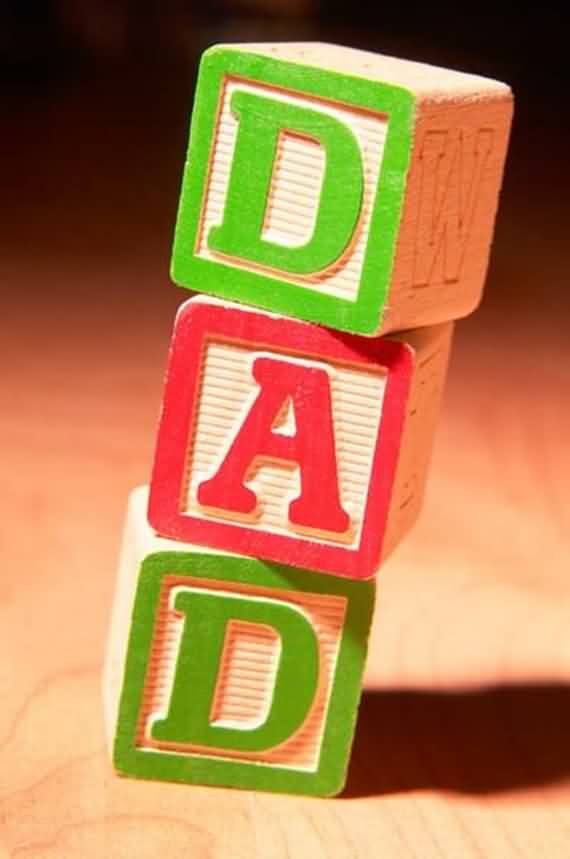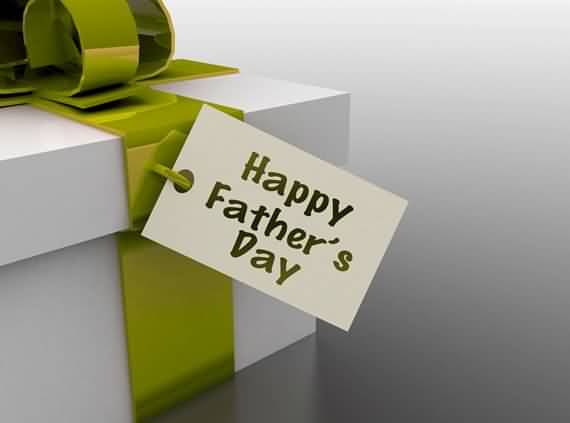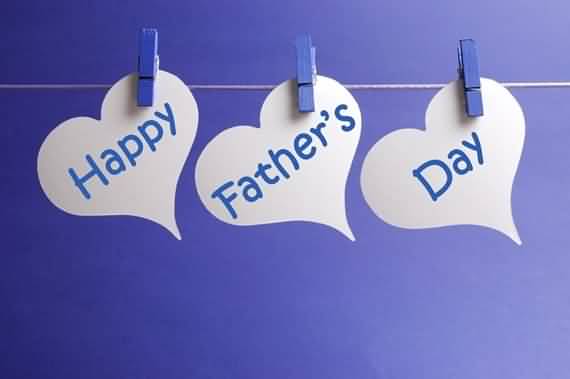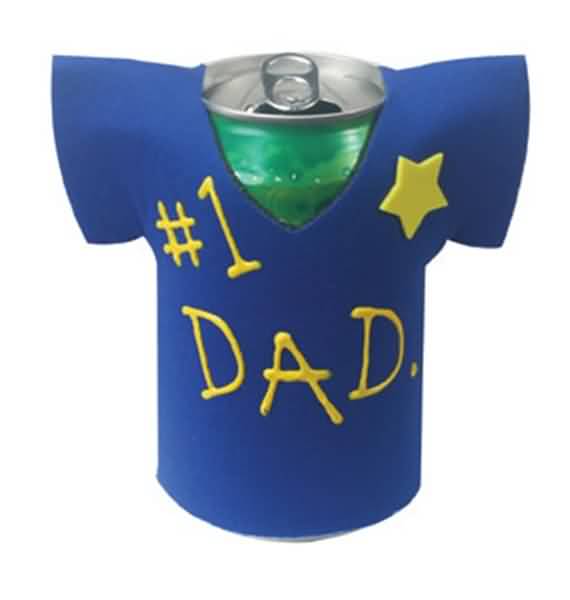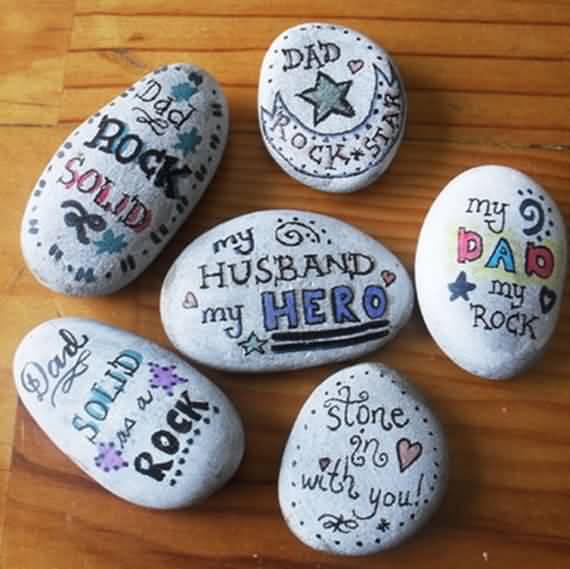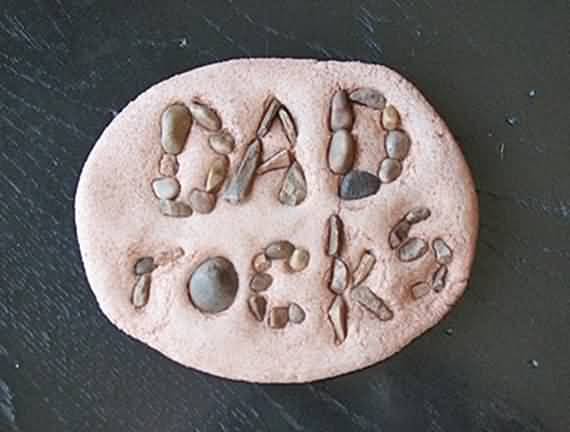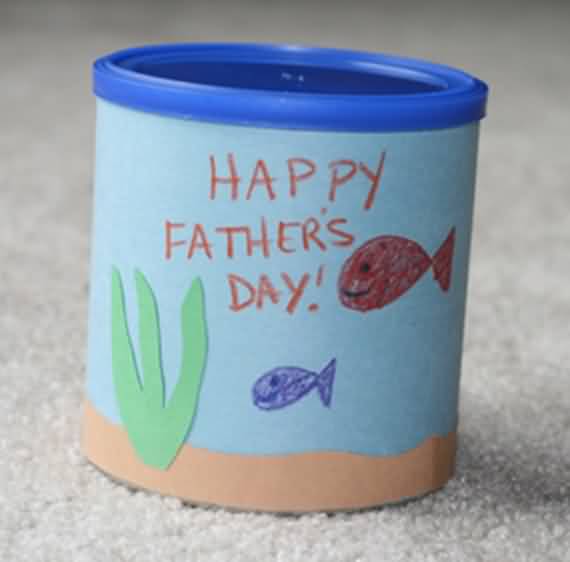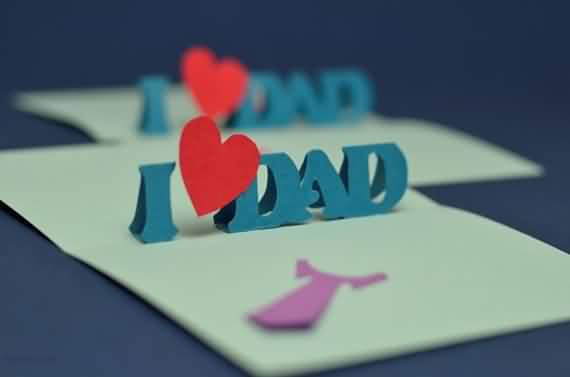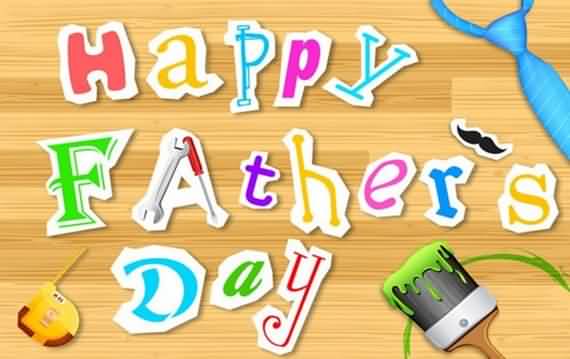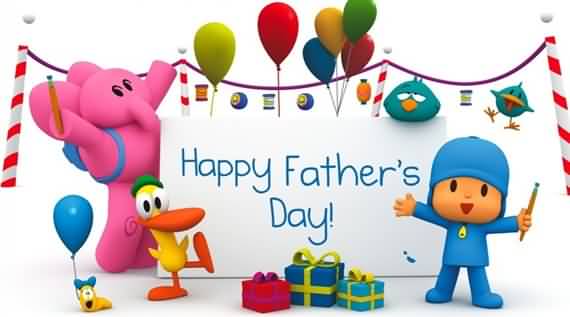The Heartfelt History of Father’s Day: From Local Sermon to National Holiday
Every June, we scour stores and websites for the perfect Father’s Day gifts. We brainstorm Father’s Day ideas, from the latest best smart home gadgets for dad 2026 to a simple, heartfelt personalized star map.
But have you ever paused mid-search to wonder, “Why?” Why do we set aside this specific day to honor our fathers?
The history of Father’s Day is a uniquely American story, not of corporate invention, but of a daughter’s profound love and a nation’s reluctant path to making it official.
It’s a tale of resilience, sentiment, and a decades-long fight to recognize the quiet, steadfast love of fathers. This is the story of how a single woman’s mission transformed how we express our gratitude, shaping the modern celebrations and best Father’s Day gifts we know today.
The Tragedy That Sparked a Movement: Sonora Smart Dodd’s Inspiration
Long before the term Father’s Day gifts 2026 ever existed, the concept of a day for fathers was born in the heart of a young woman named Sonora Smart Dodd.
In 1909, while listening to a Mother’s Day sermon in Spokane, Washington, Sonora, then 27, was struck by a powerful thought: if mothers deserve a day of honor, why not fathers?
Her own father, William Jackson Smart, was a Civil War veteran and a single parent who had raised Sonora and her five younger brothers alone after his wife died in childbirth.
He was a farmer who managed, against all odds, to provide not just food and shelter, but also love, discipline, and guidance. Sonora witnessed his immense sacrifice firsthand—a testament to the kind of devotion we now try to honor with personalized and sentimental gifts.
She proposed a date, June 5th, her father’s birthday, and with the support of local churches and the YMCA, the first unofficial Father’s Day service was held on June 19, 1910, at the Spokane YMCA.
The Long Road to Recognition: A Nation’s Reluctance
The journey from that first sermon to a national holiday was a surprisingly arduous one, taking over six decades. While Mother’s Day was embraced swiftly, Father’s Day history reveals a nation hesitant to celebrate fathers with the same public sentimentality.
- Early Momentum and Commercial Interest: The idea was progressive. In the early 20th century, the popular perception of fatherhood was often centered on moral authority and discipline, not emotional connection. However, the concept gained a powerful ally: commerce. Retailers, quickly realizing the potential for selling gifts for dad, began promoting the day. This commercial angle, however, had a downside. For many, it made the holiday feel invented for profit, undermining its emotional core.
- Presidential Support and Lingering Skepticism: Throughout the 1920s and 1930s, presidents like Woodrow Wilson and Calvin Coolidge voiced their support. There were even attempts to pass a congressional resolution. Yet, a pervasive skepticism remained. Many Americans saw it as a “Hallmark Holiday,” an artificial construct. This period mirrors our modern search for unique gifts for the dad who wants nothing—a desire to find authenticity beyond commercial pressure.
The Turning Point: How Father’s Day Finally Became Official
The path to official recognition was ultimately paved by a combination of persistent advocacy and shifting cultural forces. Sonora Smart Dodd continued to champion her cause her entire life. But two key factors finally tipped the scales:
- The Rise of Psychological Understanding: Post-World War II, the role of the father in the family unit began to be studied and emphasized in new ways. The nurturing, involved “modern dad” became a more prominent cultural ideal, making the celebration of fatherhood more aligned with the national consciousness.
- A Political Push: In 1966, President Lyndon B. Johnson issued the first presidential proclamation honoring fathers, designating the third Sunday in June as Father’s Day. Finally, under President Richard Nixon, in 1972, Father’s Day was signed into law as a permanent national holiday.
So, when was Father’s Day first celebrated as a true national holiday? The answer is 1972—a full 62 years after Sonora’s first ceremony.
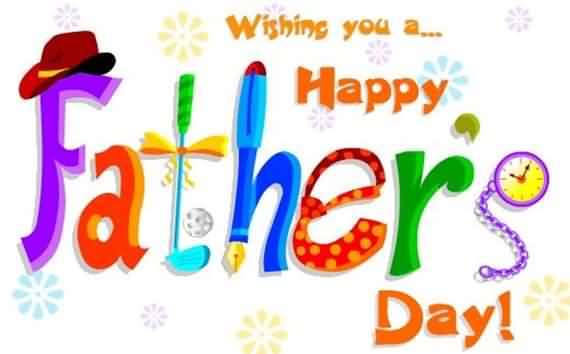

From Then to Now: How Celebration Has Evolved for 2026 and Beyond
The early Father’s Day celebrations were often community-focused, involving church services and the wearing of a rose—a red rose to honor a living father, and a white one to memorialize a deceased one. The core intention was gratitude and remembrance.
Today, while the sentiment remains, our expressions have evolved. We now show our appreciation with best Father’s Day gifts that reflect our fathers’ individual personalities.
We hunt for the best fishing gifts for dad 2026 or the perfect custom engraved whiskey decanter set. We prioritize experience-first gifts and personalized creations, seeking to mirror Sonora Dodd’s original intent: to offer a tangible token of deep, personal appreciation.
The modern challenge isn’t about establishing the day, but about honoring its spirit amidst the commercial noise.
The best Father’s Day ideas today are those that connect back to that core of recognition—acknowledging the sacrifices, the love, and the unwavering presence of a father figure.
Honoring All Father Figures: A Legacy of Gratitude
The beautiful evolution of Father’s Day is its expansion to include all father figures—stepdads, grandfathers, uncles, and mentors.
Finding the best stepdad gifts to show appreciation or sentimental gifts for grandpa from grandchildren is a direct extension of Sonora’s vision. It’s a day to honor any man who has played that pivotal, guiding role in our lives.
As you consider your Father’s Day gifts for the 2026 celebration, remember the love and determination that founded this holiday. Whether you opt for a personalized star map for Father’s Day 2026, plan how to make a Father’s Day brunch at home, or simply write a heartfelt letter, you are participating in a century-old tradition of gratitude.
You are continuing the story that a devoted daughter from Spokane started, all because she believed her father—and fathers everywhere—deserved to be seen and celebrated.
Frequently Asked Questions (FAQ) Father’s Day Origin History
Q1: Who exactly founded Father’s Day, and why?
A: Father’s Day was founded by Sonora Smart Dodd of Spokane, Washington, in 1910. She was inspired by her father, William Jackson Smart, a Civil War veteran who raised her and her five siblings as a single parent after his wife died. She wanted to create a day to honor his sacrifice and the quiet strength of fathers everywhere.
Q2: When did Father’s Day become a legal federal holiday in the USA?
A: Father’s Day history reached its official climax in 1972 when President Richard Nixon signed it into law, making it a permanent national holiday to be celebrated on the third Sunday of June. This was 62 years after the first celebration.
Q3: Why was there so much resistance to making Father’s Day a holiday?
A: The resistance stemmed from two main factors. First, there was a cultural reluctance to celebrate fathers with the same public sentimentality as mothers. Second, many perceived the holiday as an overly commercial attempt by retailers to mimic the success of Mother’s Day, leading to the dismissive label of a “Hallmark Holiday.”
Q4: How can I celebrate Father’s Day in a way that honors its original meaning?
A: The original meaning was pure gratitude. To honor that, focus on personalized and heartfelt gestures. Write a card detailing specific memories and lessons he taught you. Create a personalized gift, like a photo book. Plan an experience that reflects his hobbies, or simply spend quality time together, sharing stories that reinforce his importance in your life.


